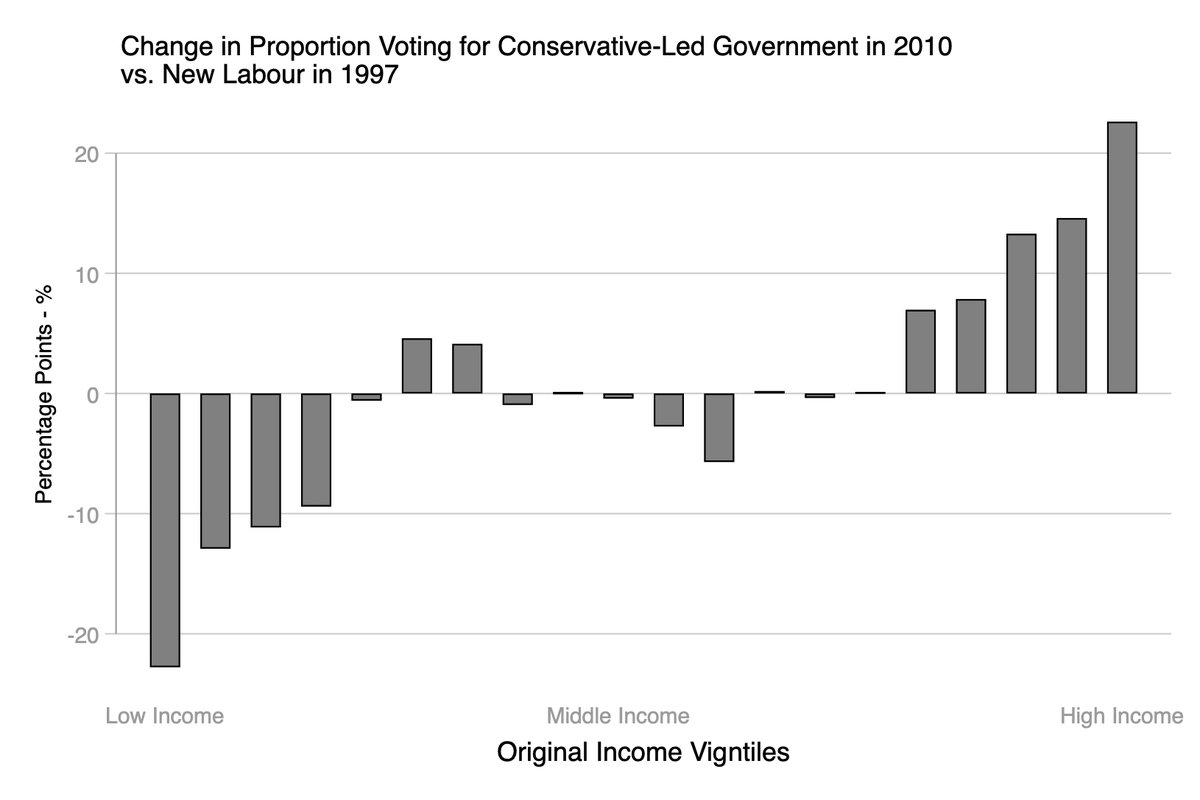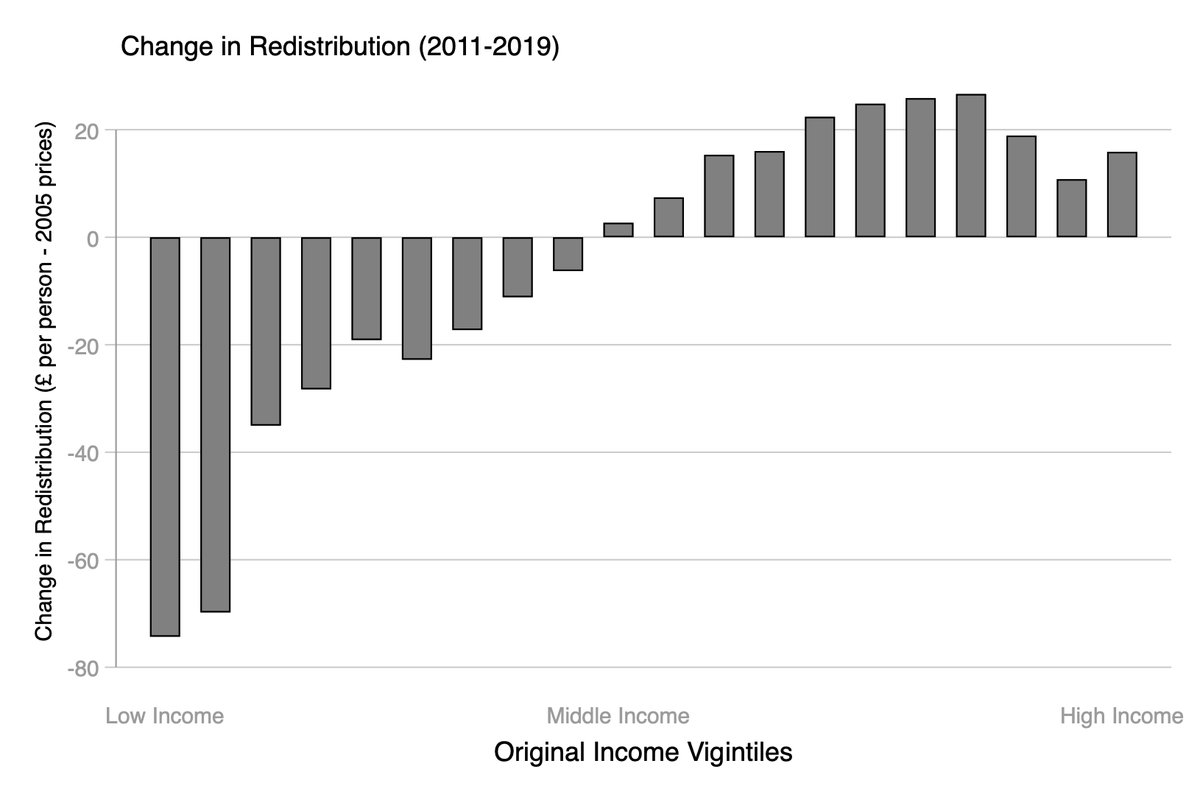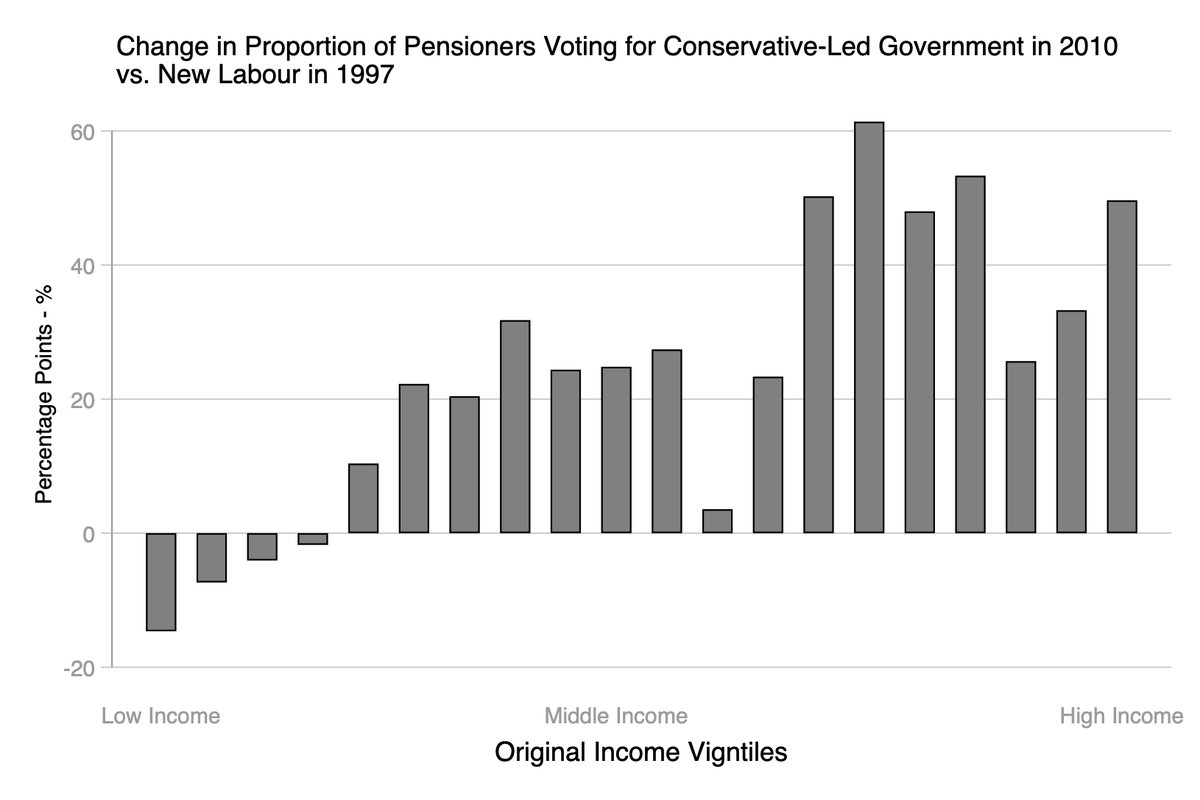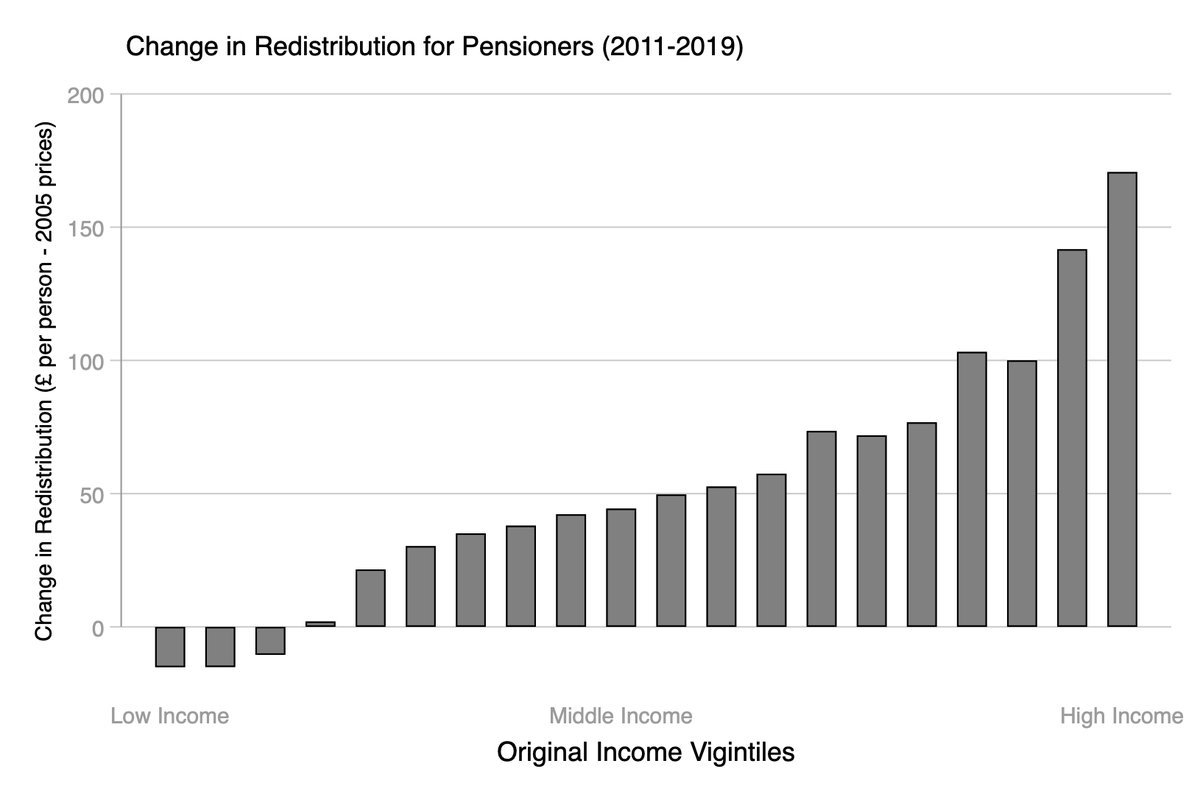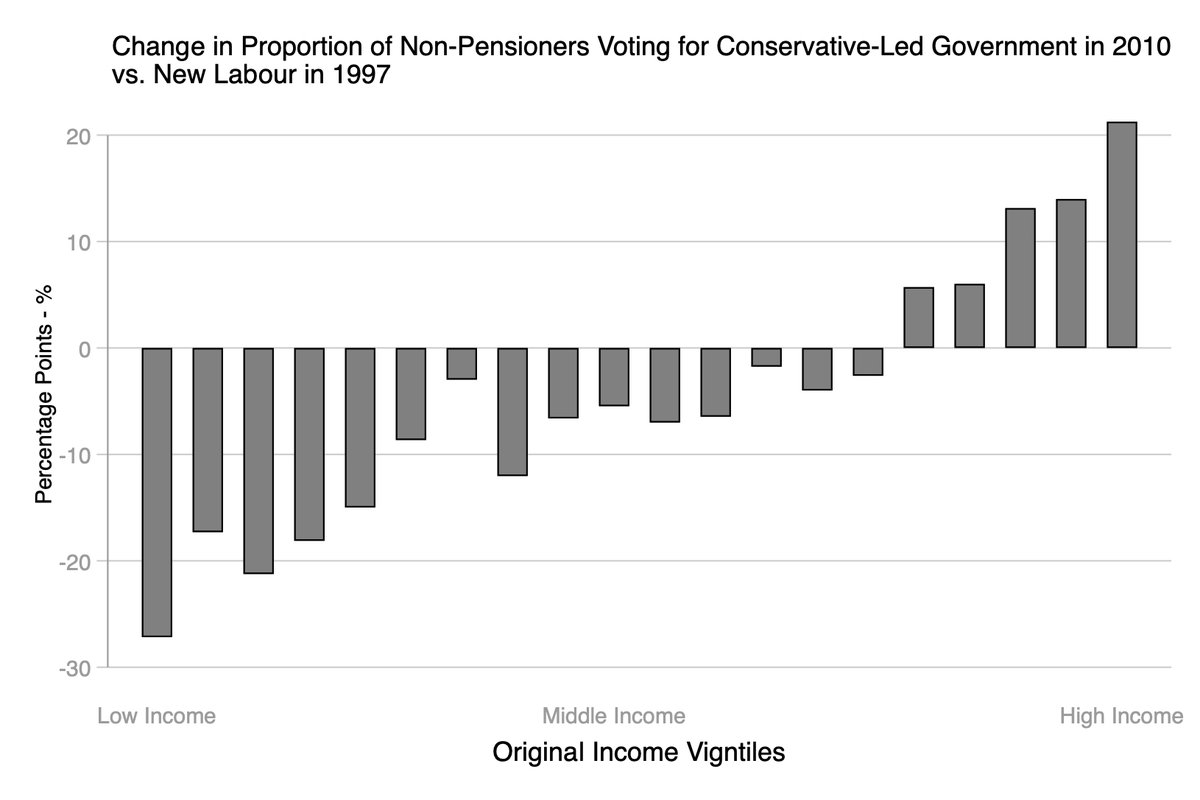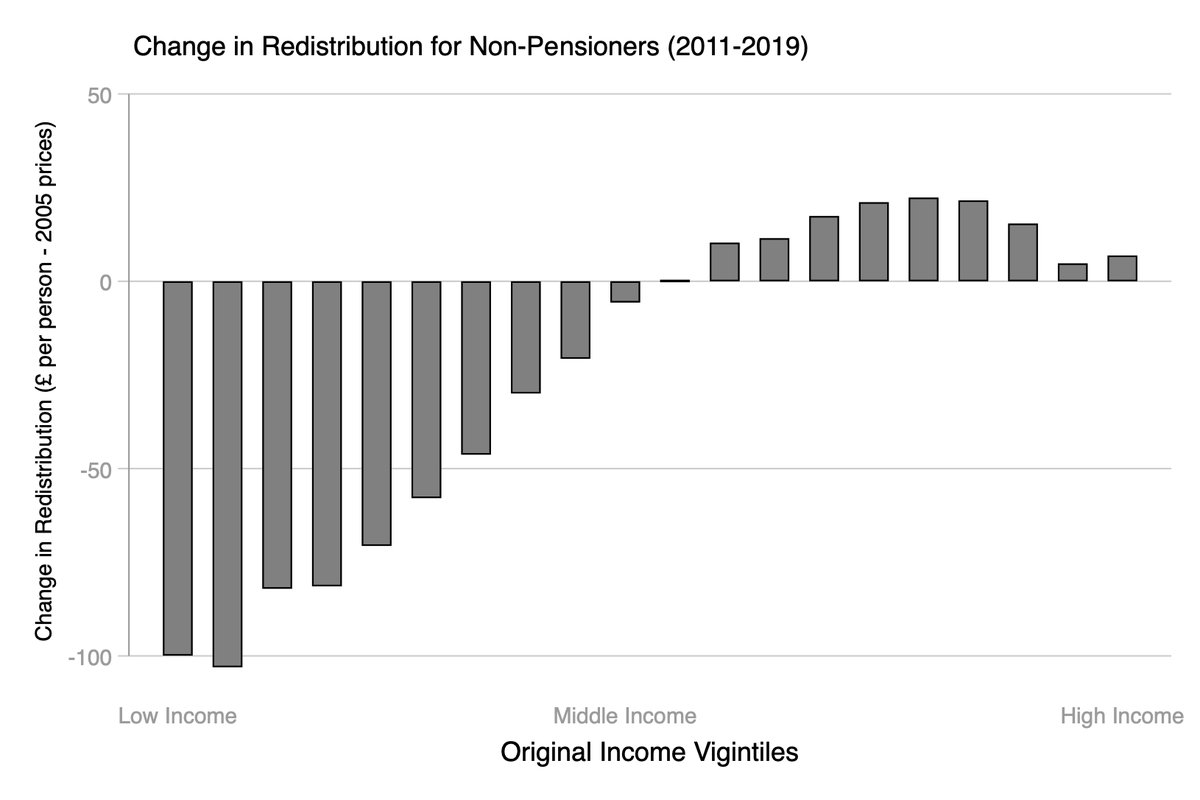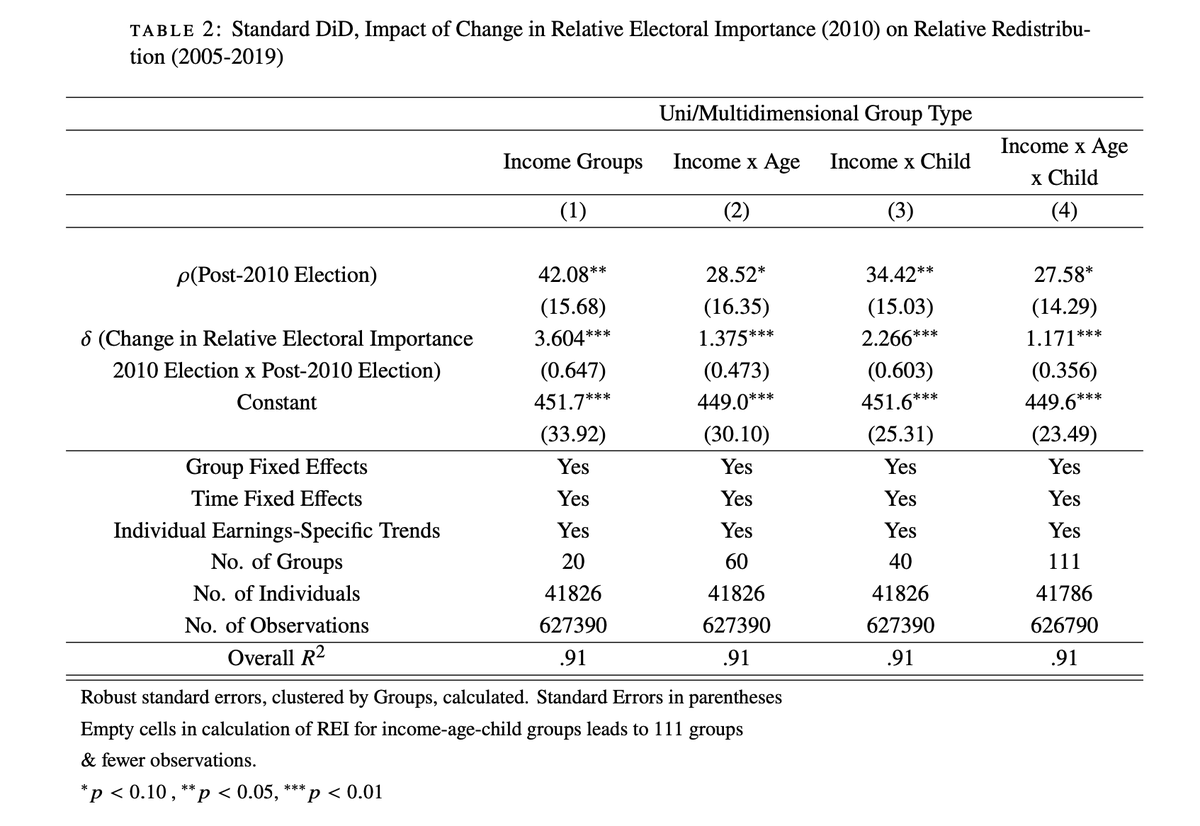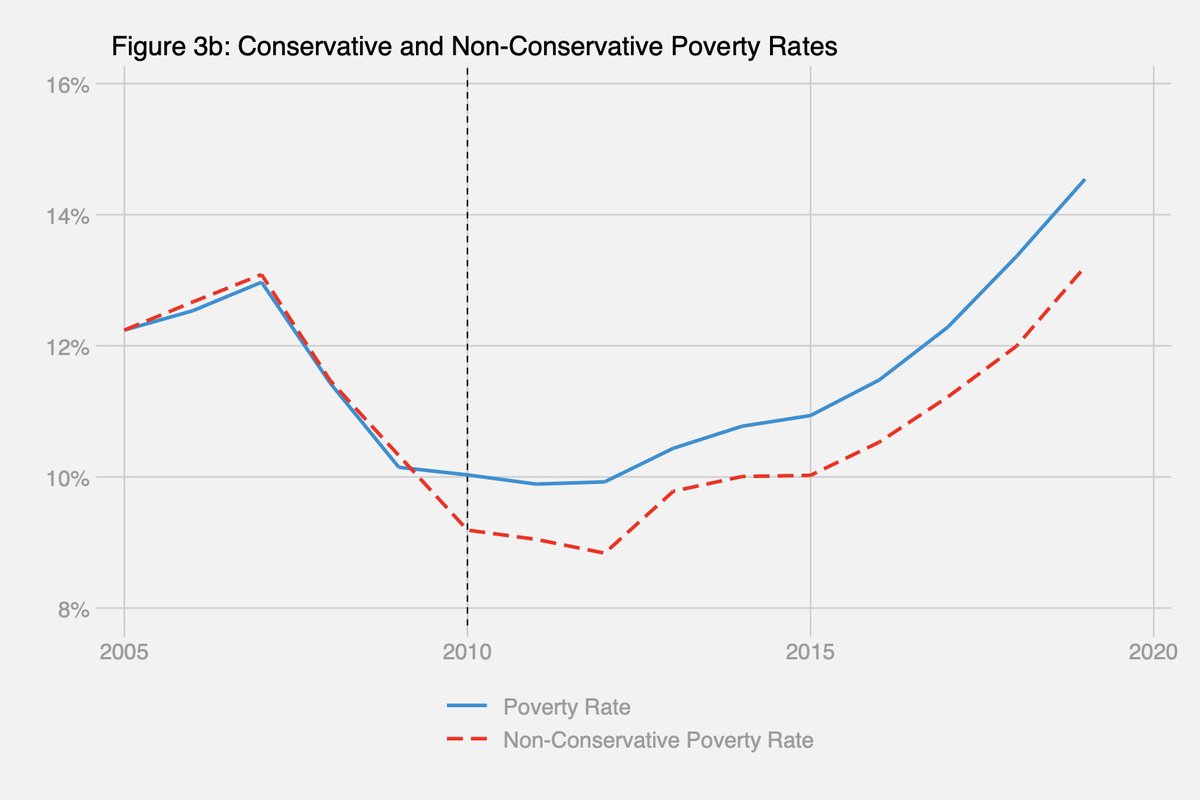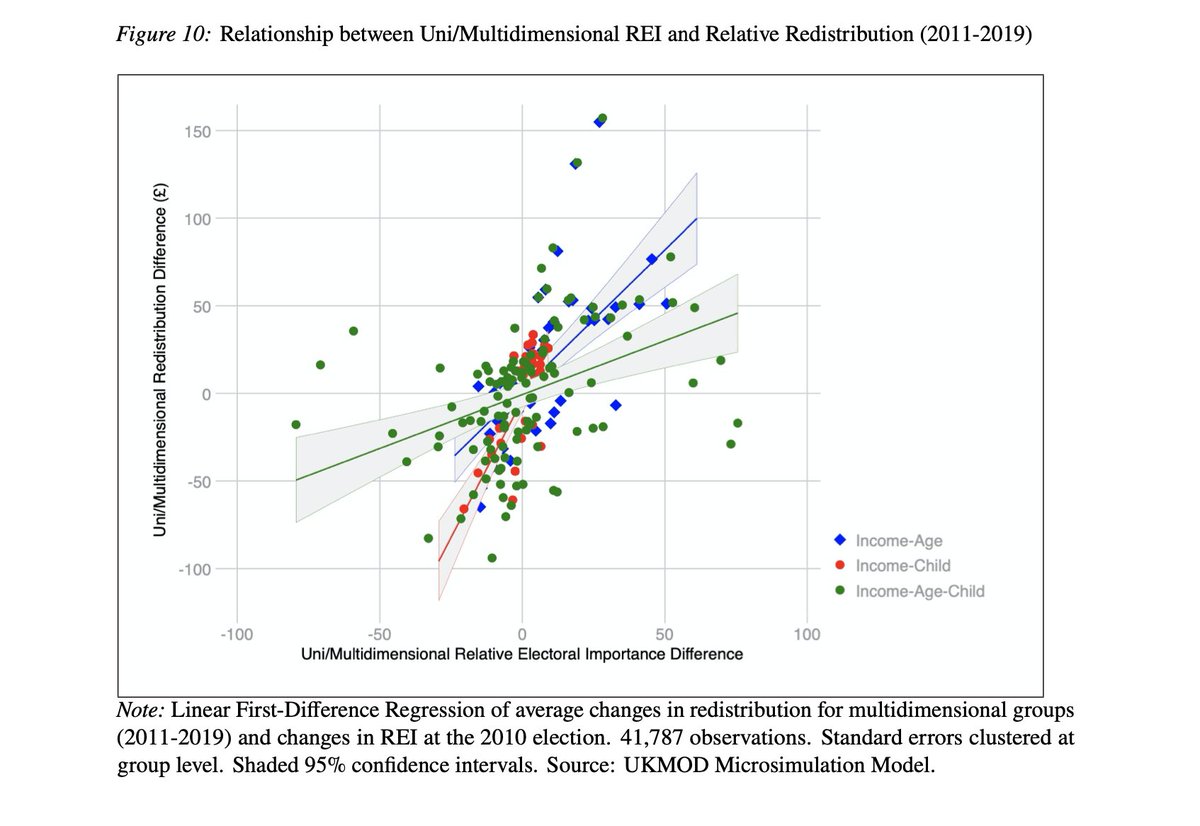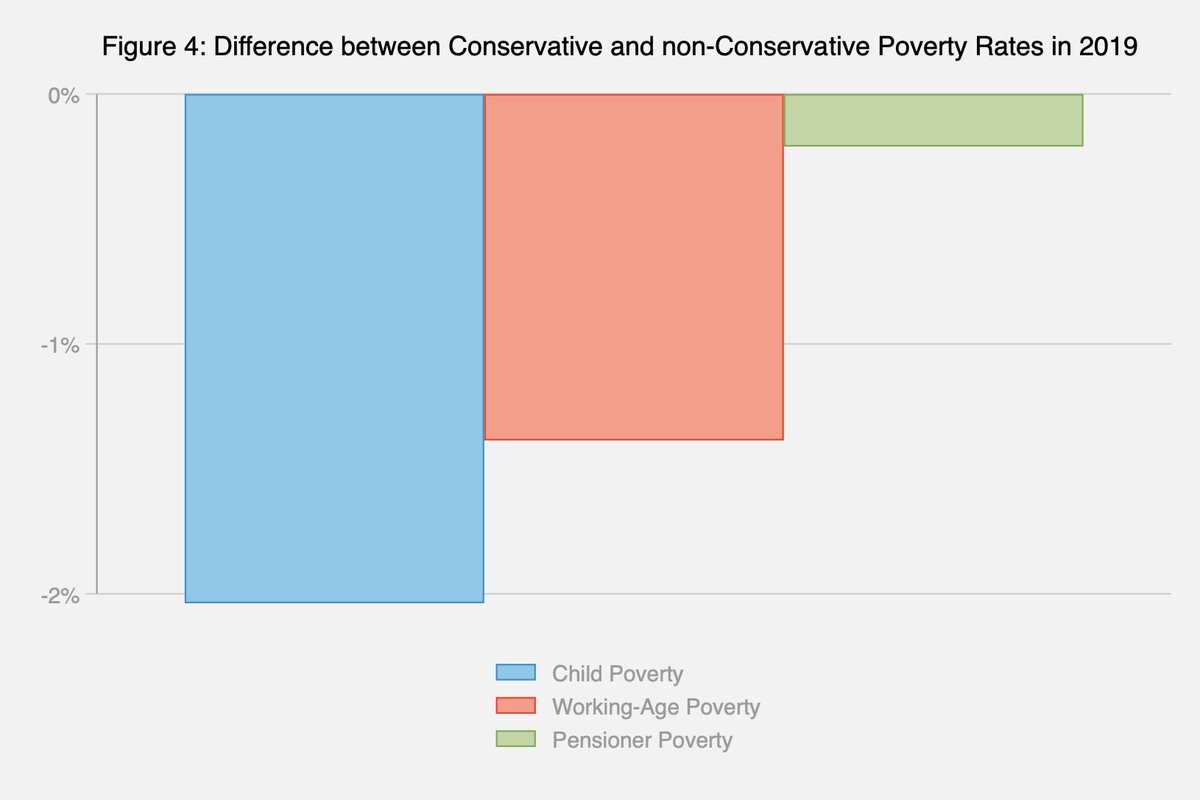Want to know why children are receiving such shamefully meagre food parcels in this pandemic?
And why they need them in the first place?
Then read this and my first working paper (Link at end of thread)
and my first working paper (Link at end of thread)
Short @ConversationUK version https://theconversation.com/how-government-spending-goes-to-certain-voters-and-shapes-inequality-152700
https://theconversation.com/how-government-spending-goes-to-certain-voters-and-shapes-inequality-152700
And why they need them in the first place?
Then read this
 and my first working paper (Link at end of thread)
and my first working paper (Link at end of thread)Short @ConversationUK version
 https://theconversation.com/how-government-spending-goes-to-certain-voters-and-shapes-inequality-152700
https://theconversation.com/how-government-spending-goes-to-certain-voters-and-shapes-inequality-152700
Top line: Voting explains redistribution
Main findings:
1) Governments give money & tax cuts to their voters -> Higher inequality & poverty under Tories
2) Electoral Coalitions not just high vs. low income -> Higher child (but not pensioner) poverty since 2010
(1/10)
Main findings:
1) Governments give money & tax cuts to their voters -> Higher inequality & poverty under Tories
2) Electoral Coalitions not just high vs. low income -> Higher child (but not pensioner) poverty since 2010
(1/10)
Voting patterns by income look exactly as you'd expect
The rich were more likely to vote for the Conservative-led Government in 2010 than they were for New Labour in 1997
This, however, is not the whole story
(P.S. Death of class-based voting = overrated)
(2/10)
The rich were more likely to vote for the Conservative-led Government in 2010 than they were for New Labour in 1997
This, however, is not the whole story
(P.S. Death of class-based voting = overrated)
(2/10)
Changes to taxation & social security between 2011 & 2019* show the same pro-rich pattern
The rich got tax cuts, low-income voters got social security cuts
Ready for the interesting stuff?
*(using @EUROMOD_ to control for demographic & economic changes)
(3/10)
The rich got tax cuts, low-income voters got social security cuts
Ready for the interesting stuff?
*(using @EUROMOD_ to control for demographic & economic changes)
(3/10)
Let’s now consider age *and* income
For pensioners, almost all of them were more likely to vote for the Conservative-led government in 2010 than Labour in 1997
And almost all of them saw higher incomes through redistribution
BUT, non-pensioners were very different
(4/10)
For pensioners, almost all of them were more likely to vote for the Conservative-led government in 2010 than Labour in 1997
And almost all of them saw higher incomes through redistribution
BUT, non-pensioners were very different
(4/10)
Only the richer non-pensioners were more likely to vote for the Conservatives in 2010…
... and only they got more redistribution through tax cuts, the rest got social security cuts
Electoral coalitions have been a’ changing. They're now divided by income *and* age.
(5/10)
... and only they got more redistribution through tax cuts, the rest got social security cuts
Electoral coalitions have been a’ changing. They're now divided by income *and* age.
(5/10)
I formally test the impact of voting on redistribution using a diff-in-diff. It's big
- 1 p point increase in group voting for Gov £1.17 more per person per month
£1.17 more per person per month
- Standard (deviation) increase in % of group voting for Gov £237 and £458 more per person per year
£237 and £458 more per person per year
(6/10)
- 1 p point increase in group voting for Gov
 £1.17 more per person per month
£1.17 more per person per month- Standard (deviation) increase in % of group voting for Gov
 £237 and £458 more per person per year
£237 and £458 more per person per year(6/10)
The impact on poverty and inequality is also large.
Overall, between 784,000 and 1.223 million fewer people would be in poverty if New Labour stayed in power after 2010
Inequality, measured by the Gini, would be between 0.7 and 1.2 points lower
Elections matter.
(7/10)
Overall, between 784,000 and 1.223 million fewer people would be in poverty if New Labour stayed in power after 2010
Inequality, measured by the Gini, would be between 0.7 and 1.2 points lower
Elections matter.
(7/10)
I test whether age (and parental status) really do divide electoral coalitions & redistribution.
They do.
Being a low-income pensioner means you voted for the Government *and* got a lot more in redistribution than other low-income ppl
(Same for other groups too)
(8/10)
Being a low-income pensioner means you voted for the Government *and* got a lot more in redistribution than other low-income ppl
(Same for other groups too)
(8/10)
What does this mean for child poverty?
Low-income parents much less likely to vote for the Conservative-led government -> massive social security cuts -> 250k more children in poverty
Low-income pensioners did vote for Govt -> few cuts -> no rise in poverty
(9/10)
Low-income parents much less likely to vote for the Conservative-led government -> massive social security cuts -> 250k more children in poverty
Low-income pensioners did vote for Govt -> few cuts -> no rise in poverty
(9/10)
To sum up: Governments give money to those who vote for them, and this explains the evolution of inequality and poverty in the UK #econtwitter #poliscitwitter
The full paper is here: https://osf.io/preprints/socarxiv/t8uks/
(10/10)
The full paper is here: https://osf.io/preprints/socarxiv/t8uks/
(10/10)
There are some people on twitter I'd like to thank.
All of my @KingsQPE colleagues; @DamienBol, @ma_giani, @FlorianFoos, @KaiGehring1, @NinaSophieWeber + others for in depth comments; Participants @mssp_uk ; @LaHoo for her brilliant @theConversation editing
Thank you all!
All of my @KingsQPE colleagues; @DamienBol, @ma_giani, @FlorianFoos, @KaiGehring1, @NinaSophieWeber + others for in depth comments; Participants @mssp_uk ; @LaHoo for her brilliant @theConversation editing
Thank you all!

 Read on Twitter
Read on Twitter